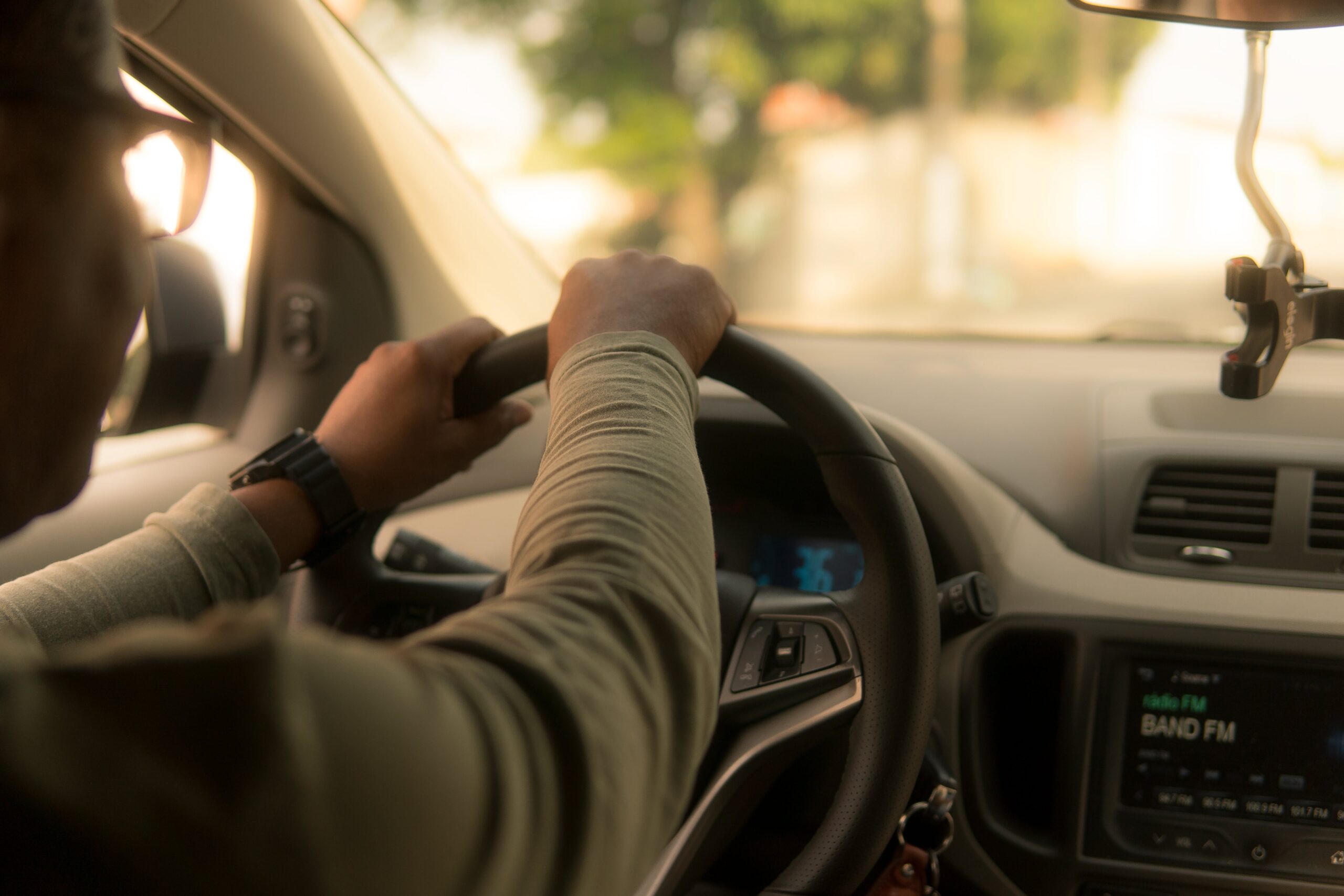The convenience of rideshare services like Uber, FreeNow, Grab, and Lyft has undoubtedly transformed the way we travel, but concerns about safety, especially for women, have become increasingly prominent. However, it is still comparably safer than hailing a random cab or even hitchhiking with a stranger.
Because we cannot avoid using them, the focus has been shifted to what can be done to protect the riders, especially women, and make their ridesharing experience safer.
How Do Rideshare Services Protect Their Users?
Ridesharing services such as Uber and Lyft have implemented robust safety measures to ensure the well-being of passengers. This commitment begins with rigorous driver screening processes, including thorough background checks covering criminal history, driving records, and vehicle inspections. Real-time GPS tracking during rides allows for enhanced security, enabling users to share trip details with contacts and providing the companies with the means to monitor routes for deviations.
The foundation of ridesharing safety lies in the two-way rating and review system, encouraging accountability among both drivers and passengers. Continuous background checks are conducted to ensure drivers maintain a clean record over time, complemented by in-app emergency features like an emergency button that connects users directly to local authorities when needed. Ridesharing companies also collaborate closely with law enforcement agencies, sharing information to address safety concerns and foster a collective effort to enhance security on their platforms.
However, despite these efforts, riders, especially women, still experience assaults during their trips. In 2022, Uber released their safety report, which included 998 incidents of sexual assault. This is still 998 cases too many.
Tips to Mitigate the Risk of Rideshare Assaults
While rideshare companies are continually working to enhance their safety protocols, empowering women to take proactive measures is crucial in fostering a secure environment during rides. ConsumerNotice.org, an organization that ensures the safety of the public in matters like ridesharing, has also studied cases of ridesharing assaults. Below are the safety tips that they shared so that women can mitigate the risk of rideshare assaults.
Verify Driver Information
Before getting into a rideshare vehicle, it’s essential to verify the driver’s information. Companies like Uber and Lyft provide details such as the driver’s name, photo, and license plate number in their apps.
Ensure that the information matches before entering the vehicle. If there are any discrepancies, it’s advisable to cancel the ride and report the issue to the rideshare company.
Share Trip Details
Always share your trip details with a trusted friend or family member. These apps offer features that allow users to share their real-time location with selected contacts during the ride.
This not only keeps someone informed about your whereabouts but also acts as a precautionary measure in case of any unexpected situations.
Stay Connected
Maintain constant communication with someone you trust throughout the ride. Send updates on your location and ETA to ensure that someone is aware of your journey progress. Regular check-ins can provide an added layer of security and may act as a deterrent to potential wrongdoers.
Travel in Groups
Whenever possible, opt for rideshare services when traveling in groups. There is strength in numbers, and having companions can significantly reduce the vulnerability that comes with solo rides. If you’re attending an event or social gathering, consider coordinating rides with friends.
Trust Your Instincts
If something doesn’t feel right, trust your instincts. If you feel uncomfortable or uneasy during a ride, don’t hesitate to speak up. Politely but firmly communicate any concerns to the driver, and if necessary, ask to end the trip in a safe location. Trusting your instincts is a powerful tool in ensuring your own safety.
Share these tips with women in your life who use ridesharing apps to mitigate the risk. While we cannot solve this problem overnight, we can hope to spread the knowledge to help prevent more cases from happening.
